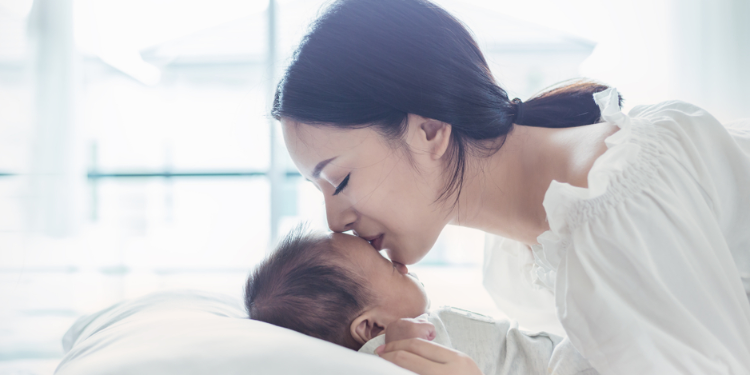
Since the 9th of October, assisted reproduction is legal in France for all women. Therefore, heterosexual and homosexual women, as well as married and unmarried women, will be entitled to this alternative. Expat.com takes stock of this decision. Also, whether you plan to expatriate to be able to have a child by assisted reproduction or whether this option is important in the choice of an expatriate destination… here is a tour of countries and what their legislation say about assisted reproduction.
Wednesday, October 9, 2019, a vote in French parliament assisted reproduction available to all women who want to have children by this means. Despite the happy denouement, the topic was hotly debated in parliament. And the decision sparked reactions beyond French borders.
What is assisted reproduction?
Assisted reproduction "is a set of medical techniques (...), allowing in vitro fertilization (IVF), embryo transfer and artificial insemination, as well as any technique with equivalent effect allowing procreation outside of the natural process”.
Not to be confused with the gestational surrogacy, that is, "a procreation technique by which a woman (called "surrogate mother") carries the unborn child of a couple (...)”. The egg can be from the genetic mother of the child or directly of the surrogate mother." Gestational surrogacy is also a technique of assisted reproduction.
The reason why assisted reproduction sparks so much debate is because it calls into question the traditional family model: mother, father and children. But just as the expatriate feeds culturally on his interactions with foreign countries, states adapt and evolve their legislation. Family models different to the traditional one do exist and claim the same rights.
If you're looking for an assisted reproduction friendly country...
For expats, knowing the host country's position on assisted reproduction can influence the decision to settle or not. Europe, for example, is divided. Some countries, such as Poland, Italy, Romania, the Czech Republic, or Germany, have legalised assisted reproduction, but only for heterosexual couples. Single women and lesbian couples do not have access to this alternative. And prior to the recent vote, this was also the position adopted by France.
Other countries, like Greece and Estonia, do grant access to assisted reproduction to single women as long as they are under 50 years old. Croatia does not have an age limit. Austria, on the other hand, only allows lesbian couples to have access to assisted reproduction without imposing an age limit.
Other countries, like the United States, Sweden, Finland, Australia,the United Kingdom, Spain and Portugal have chosen to adapt their legislation to societal changes and have voted to make assisted reproduction to all single women and lesbian couples as well as heterosexual couples. Yes to PMA for all: single women and women's couples have the same rights as heterosexual couples.
As for Australia, in 2008, it passed a law allowing access to the assisted reproduction for single women and lesbian couples (implemented in 2010). The law goes even further, by legalizing the practice of surrogacy if performed for non-commercial purposes. In the United States, little or no regulations exist; it is the right of the individual that takes precedence. An ode to respect and tolerance to lesbian couples and single women who wish to have the same rights as heterosexual couples.



















